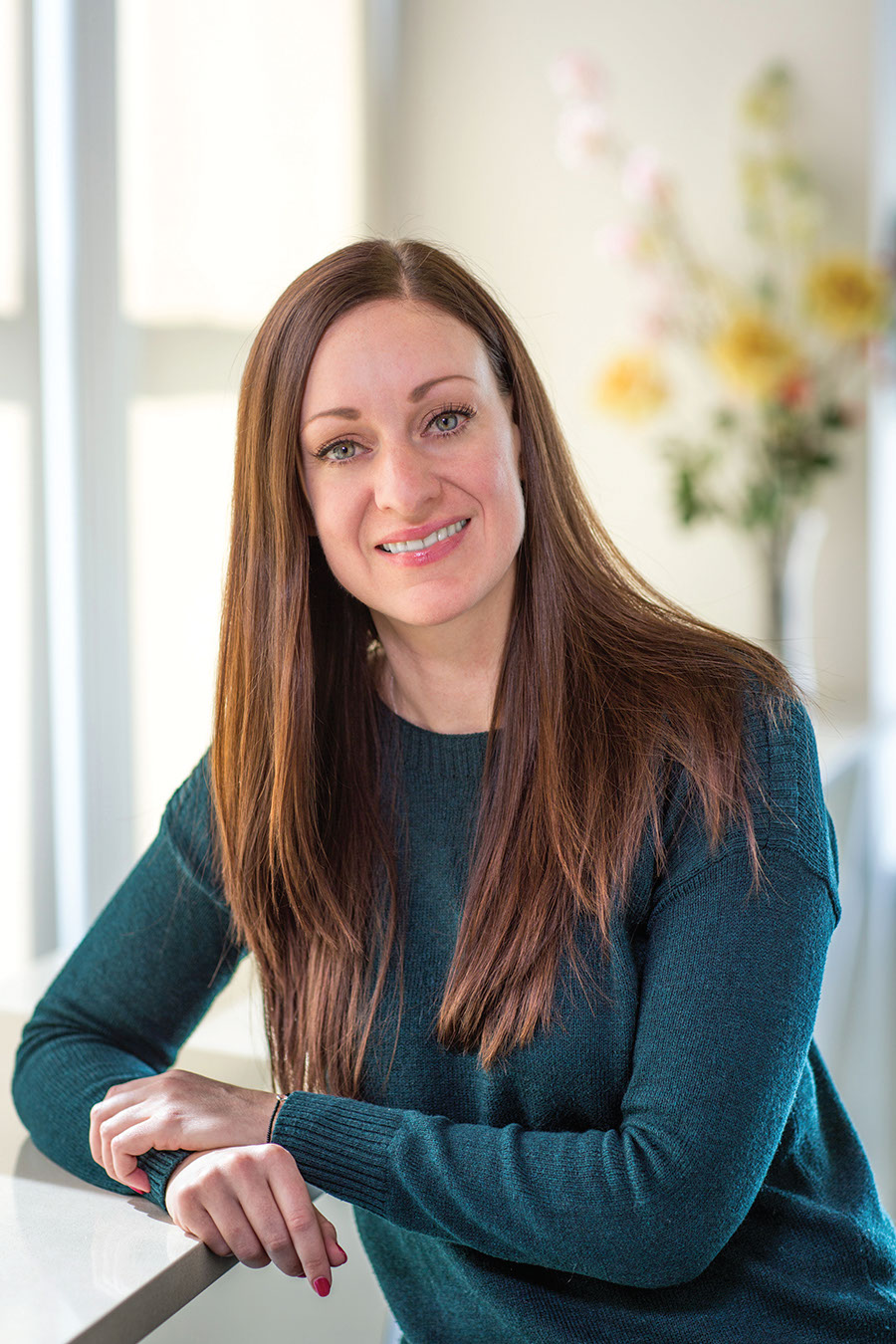- Patient Support (http://dev-voice.ons.org/topic/patient-support)
- Patient Resources (http://dev-voice.ons.org/topic/patient-resources)
- Patient Quality of Life (http://dev-voice.ons.org/topic/patient-quality-of-life)
- Oncology Family Support Groups (http://dev-voice.ons.org/topic/oncology-family-support-groups)
Cancer Support Groups Help Patients Develop Critical Connections
Many patients with cancer have supportive friends and family. However, loved ones might be uncomfortable discussing the difficult feelings that arise from a cancer diagnosis and may be afraid or unsure of what to say or do. In a support group, members are open to talking about these difficult topics and patients can feel reassured that they are in a safe space to process the array of thoughts and feelings that come with a cancer diagnosis.

Isolation comes up pretty consistently in all our groups, even more so with the pandemic’s restrictions. Group members often say that interacting with others experiencing similar concerns improves their overall coping. A patient might talk about the anxiety they feel about their diagnosis and then realize that their peers have the same feelings. This helps them feel less isolated and more understood and validated.
Our CancerCare program can be delivered through in-person meetings (when our office is open), video conferencing, and online message boards, so those who might not be able to leave their homes because of physical or geographical constraints can still find support. We offer various groups (https://www.cancercare.org/support_groups) based on diagnosis and patient population like transplant, LGBTQ+, or childhood cancers.
When in-person groups are available, they meet weekly for 90 minutes for 12-week cycles, but we’re now doing them through video conferencing. Our message board groups run in 15-week cycles and members have access to the message boards 24/7. All of our groups have three cycles per year, in the spring, summer, and fall.
Some group moderators will bring certain topics to discuss (patient-doctor communication, coping with uncertainty, treatment side effects), but most allow for an open discussion depending on what members want to talk about that day. The goal is to create a safe space to engage in conversations about how they’re feeling, normalize each other’s experience, and provide ideas to cope.
All of our moderators are either licensed master social workers or licensed clinical social workers. These degrees involve training and education on leading support groups. Social workers new to the CancerCare team go through additional training to apply what they learned in graduate school to working with patients with cancer, caregivers, and the bereaved. Our team also engages in continuing education to ensure we consistently evolve to help the populations we serve.
Even patients with supportive friends and family may feel isolated because they lack connection with someone who understands what they’re going through. Oncology nurses should have open conversations with patients about how they’re coping and assess their support systems. Keep a list of support programs available in your area as well as online offerings. Also, explore patients’ ongoing needs throughout treatment and check in with their caregivers if possible. This will give patients an opportunity to talk about things they might not bring up on their own.
Support groups are an invaluable resource, and I encourage anyone diagnosed with cancer to seek one out to minimize social isolation and improve emotional coping. It might not be able to change their situation, but it can provide validation, understanding, and compassion during a very difficult time.
